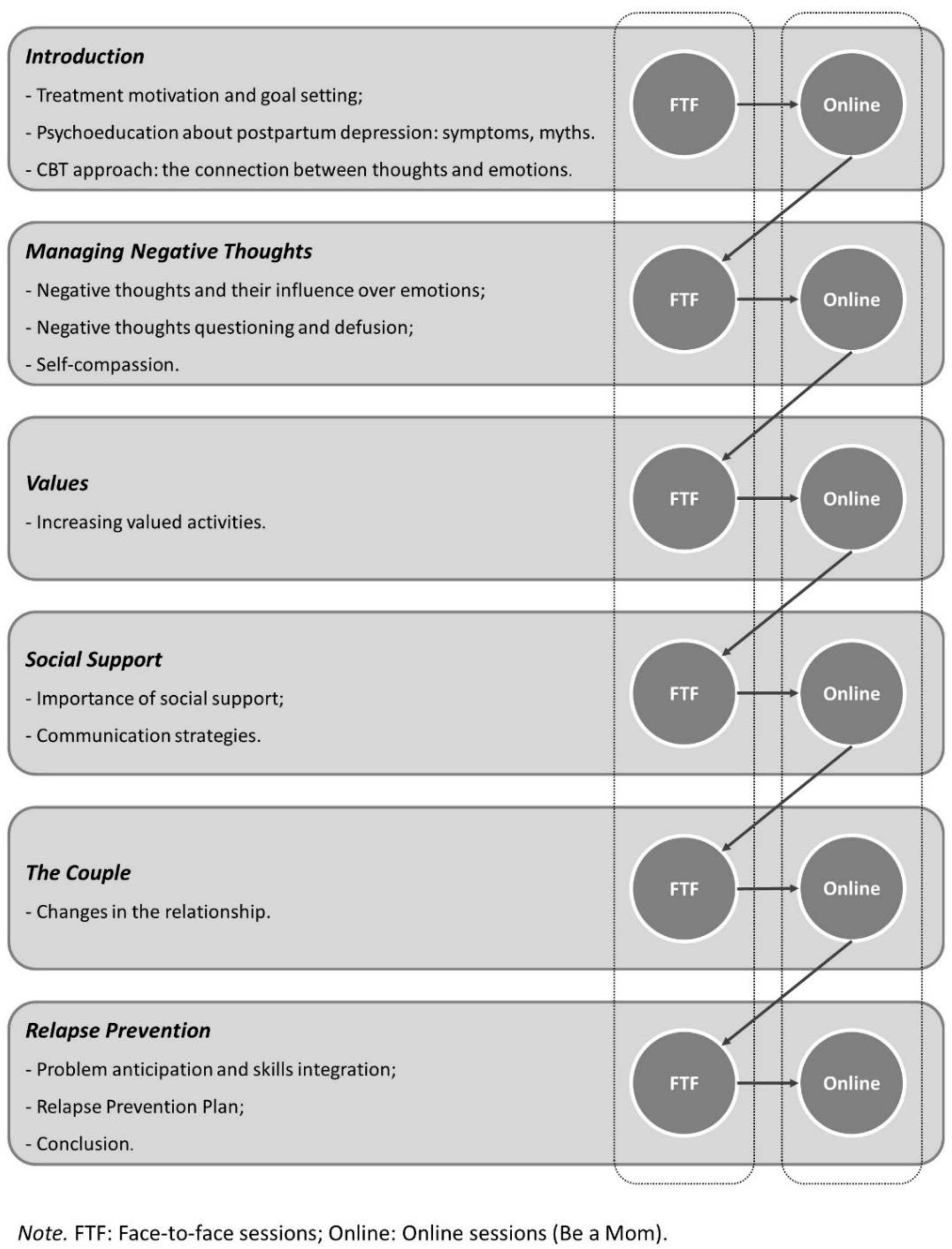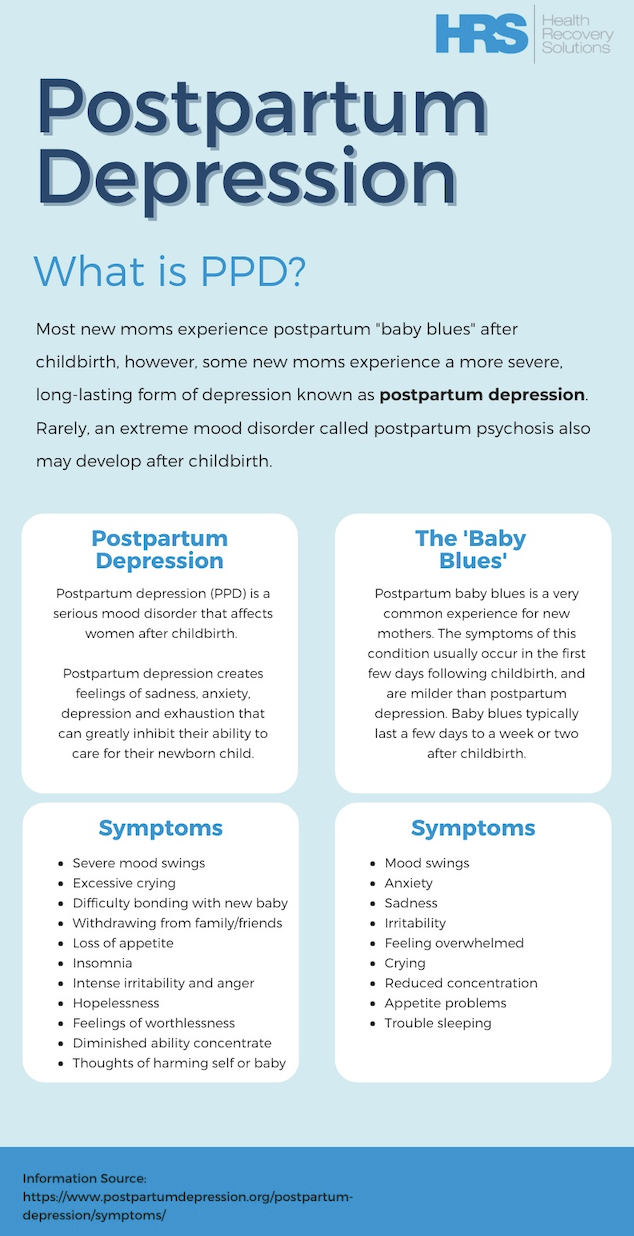An Unbiased View of Beautiful Journey Reproductive Counseling Center
An Unbiased View of Beautiful Journey Reproductive Counseling Center
Blog Article
The 20-Second Trick For Beautiful Journey Reproductive Counseling Center
Table of ContentsAbout Beautiful Journey Reproductive Counseling CenterAbout Beautiful Journey Reproductive Counseling CenterA Biased View of Beautiful Journey Reproductive Counseling CenterBeautiful Journey Reproductive Counseling Center for DummiesThe Buzz on Beautiful Journey Reproductive Counseling CenterSome Ideas on Beautiful Journey Reproductive Counseling Center You Need To Know

Functioning with psychological health and wellness professionals is a great means to learn concerning postpartum depression and exactly how to recover. Therapy is an individual and important means to treat postpartum clinical depression.
The smart Trick of Beautiful Journey Reproductive Counseling Center That Nobody is Talking About
There have not been conclusive researches published that looked particularly at folate or various other B vitamins in the treatment of postpartum clinical depression. Consider advising to women who are postpartum to continue their prenatal vitamin or take a B-100 complicated with regarding 1 mg (or 1,000 mcg) of folic acid, or folate.
Adjustment of vitamin D deficiency might play a substantial role in the recuperation from postpartum clinical depression. Mommies having problem with depression needs to have their 25-OH vitamin D degree checked. Lots of ladies find that they need at least 2,000-3,000 IUs of cholecalciferol, which is vitamin D3 (a form that is really conveniently soaked up) throughout the wintertime months.
In the summer season, much less dental vitamin D might be needed, depending upon the latitude where the mother lives. postpartum therapy.
The Best Guide To Beautiful Journey Reproductive Counseling Center

Anticoagulation may be utilized, and it needs to be noted that there exists no global standard or recommendation for anticoagulation treatment in septic pelvic thrombosis. Preliminary bolus of 60 units/kg (4000 devices optimum) adhered to by 12 units/kg/h (optimum of 1000 units/h) is advised. The aPTT is kept track of for 2-3 times the typical worth.
Postpartum depression (PPD) is a complex mix of physical, emotional, and behavior adjustments that occur in some women after offering birth. According to the DSM-5, a hand-operated used to identify mental illness, PPD is a kind of major anxiety that begins within 4 weeks after shipment. The medical diagnosis of postpartum clinical depression is based not just on the size of time in between delivery and onset but on the seriousness of the anxiety.
The term defines a series of physical and psychological changes that numerous new mothers experience. PPD can be treated with medication and counseling. The chemical changes involve a rapid decrease in hormonal agents after distribution. The actual web link in between this decline and depression is still unclear. What is known is that the degrees of estrogen and progesterone, the women reproductive hormonal agents, boost tenfold throughout pregnancy.
Everything about Beautiful Journey Reproductive Counseling Center
Frequently, joining a support team of new mamas or speaking with other mamas assists. can happen a couple of days or perhaps months after childbirth. PPD can happen after the birth of any kind of youngster, not simply the first kid. You can have feelings comparable to the infant blues-- despair, anguish, stress and anxiety, crankiness-- however you feel them much more highly.
When your ability to feature is affected, you need to see a healthcare company, such as your OB/GYN or main care medical professional. This physician can screen you for anxiety signs and develop a therapy strategy. If you don't get treatment for PPD, symptoms can worsen. While PPD is a major condition, it can be treated with drug and therapy.
This disease can happen promptly, often within the very first 3 months after giving birth. Ladies can lose touch with truth, having auditory hallucinations (hearing things that aren't really happening, like a person speaking) and misconceptions (highly thinking points that are clearly irrational). Aesthetic hallucinations (seeing points that aren't there) are much less usual.
Females who have postpartum psychosis need therapy right away and usually require medicine. Occasionally ladies are taken into the healthcare facility because they are at danger for injuring themselves or another person. Postpartum depression is discriminated, depending on the type of symptoms and exactly how severe they are. Therapy alternatives include anti-anxiety or antidepressant medicines, psychotherapy, and involvement in a support group for emotional assistance and education.
Beautiful Journey Reproductive Counseling Center Fundamentals Explained
Children of mothers with postpartum depression are most likely to have problems with resting and consuming, weeping greater than typical, and hold-ups in language growth. If you have a history of depression, inform your medical professional as quickly as you discover you're pregnant, or if you're intending to come to be expecting.
PPD can happen after the birth of any type of kid, not simply the very first kid. You can have sensations comparable to the infant blues-- unhappiness, anguish, stress and anxiety, crankiness-- however you feel them much a lot more highly.
When your capability to feature is influenced, you require to see a healthcare carrier, such as your OB/GYN or medical care doctor. This doctor can screen you for clinical depression symptoms and develop a therapy strategy. If you do not get treatment for PPD, symptoms can worsen. While PPD is a severe condition, it can be treated with medication and therapy.
This health problem can happen promptly, usually within the very first 3 months after childbirth. Females can lose touch with reality, having acoustic hallucinations (hearing things that aren't in fact occurring, like an individual speaking) and delusions (highly thinking things that are plainly irrational). Aesthetic hallucinations (seeing things that aren't there) are much less common.
The Greatest Guide To Beautiful Journey Reproductive Counseling Center
Women who have postpartum psychosis demand treatment right away and practically constantly need medication. Treatment options consist of anti-anxiety or antidepressant drugs, psychotherapy, and participation in a support team for emotional assistance and education.
Youngsters of moms with postpartum anxiety are more probable to have problems with resting and eating, weeping more than typical, and delays in language advancement (therapist for infertility). If you have a background you could try these out of clinical depression - https://beaj0urepcc.square.site/, inform your physician as quickly as you figure out you're expecting, or if you're intending to conceive
Report this page